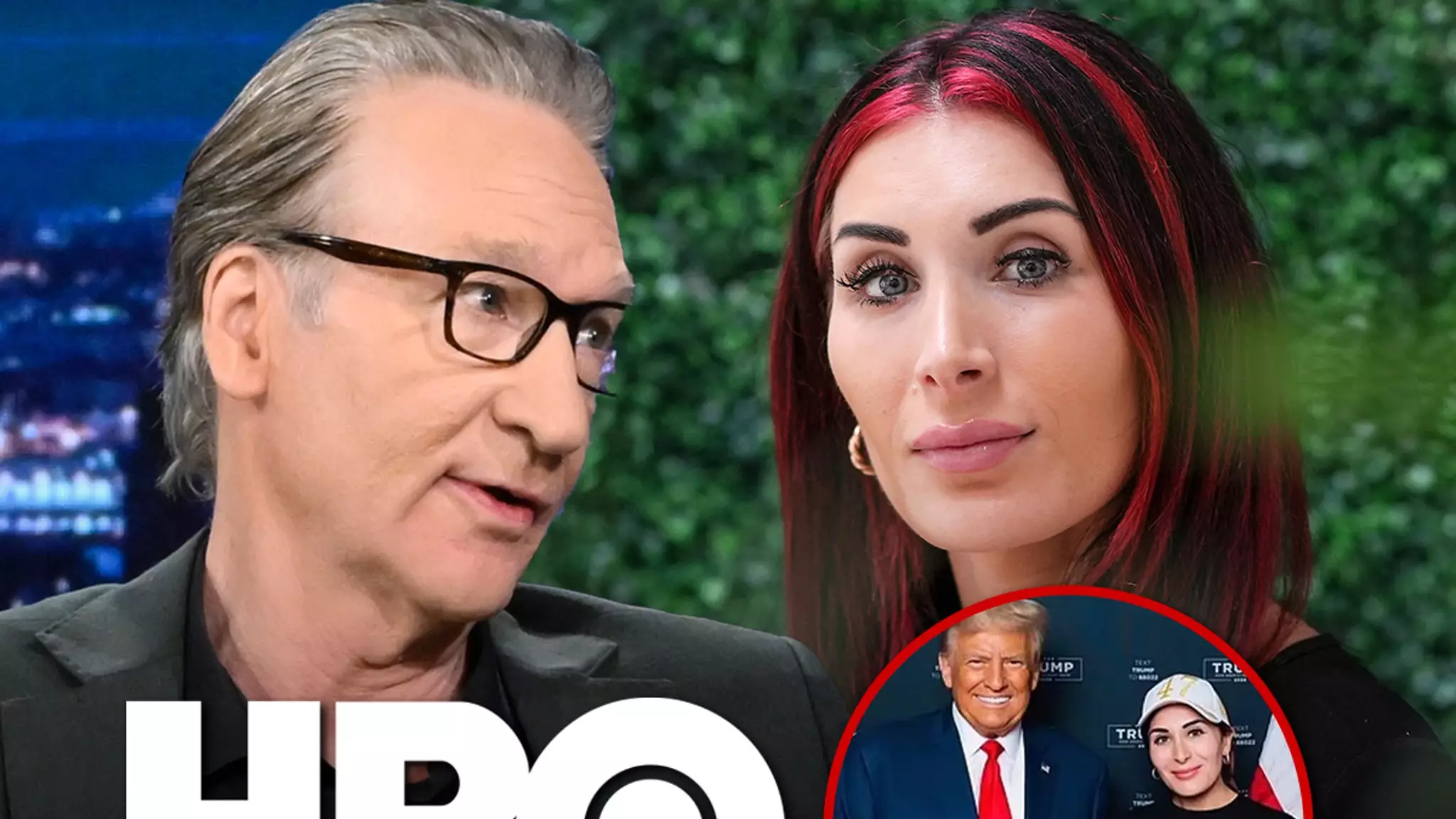The recent legal battle between Laura Loomer and Bill Maher has drawn significant attention due to its dramatic implications in the polarized sphere of American politics. Loomer, a staunch supporter of Donald Trump and known for her controversial stances, has filed a lawsuit against Maher for a staggering $150 million. At the crux of her grievance is a statement Maher made during an episode of “Real Time with Bill Maher,” where he insinuated that she may have had an inappropriate relationship with the former president. This incident not only highlights the ongoing culture of public accusations in today’s hyper-partisan climate but also raises important questions about the boundaries of satire, journalism, and defamation.
According to legal documents obtained by TMZ, Loomer contends that Maher’s remarks were “false, malicious, and defamatory.” During the September 13, 2024, broadcast, Maher suggested that 31-year-old Loomer, who is known for her provocative views and connection to Trump, might have been in an “arranged relationship” with him. Maher humorously speculated that this relationship could affect the upcoming election—an assertion Loomer vehemently denies. The lawsuit claims that these statements not only besmirched her reputation but were baseless fabrications crafted for the sake of entertainment and notoriety.
Maher’s comments, undoubtedly intended to provoke and entertain, appear to have crossed a line for Loomer. She argues that his claims carry no substantive evidence and are part of a broader trend of media figures concocting sensational stories to garner attention. In her eyes, Maher is wielding the microphone irresponsibly, with imminent consequences for both himself and the network behind him, HBO.
In the aftermath of the broadcast, Donald Trump took to his own social media platform to echo his dim view of Maher, dubbing him a “befuddled mess” and labeling his show as “boring.” This response underscores the intricacies of political alliances and rivalries, particularly in how figures like Trump and Loomer interact with media personalities like Maher. Trump’s followers often interpret his remarks as validation of their own grievances against perceived adversaries in the media.
Loomer’s lawsuit is emblematic of a growing phenomenon where public figures engage in legal confrontations to address personal grievances rooted in public discourse. With defamatory litigation becoming a more common response to insults or mischaracterizations, it raises concerns about censorship and the chilling effect on free speech, particularly in comedy and commentary.
This lawsuit represents not just a personal battle between Loomer and Maher, but also a potential crossroads for how public figures navigate the conversational terrain surrounding politics and media. Beyond the courtroom, the outcome of this case may set a precedent for future defamation lawsuits and reshape the media’s approach to discussions involving political affiliations and personal character.
As we await further developments in this high-stakes legal drama, one thing remains clear: the intersection of media, politics, and personal reputation is fraught with volatility, and the implications of this lawsuit could resonate beyond the parties involved, affecting how public discourse is shaped in an increasingly contentious political environment.

